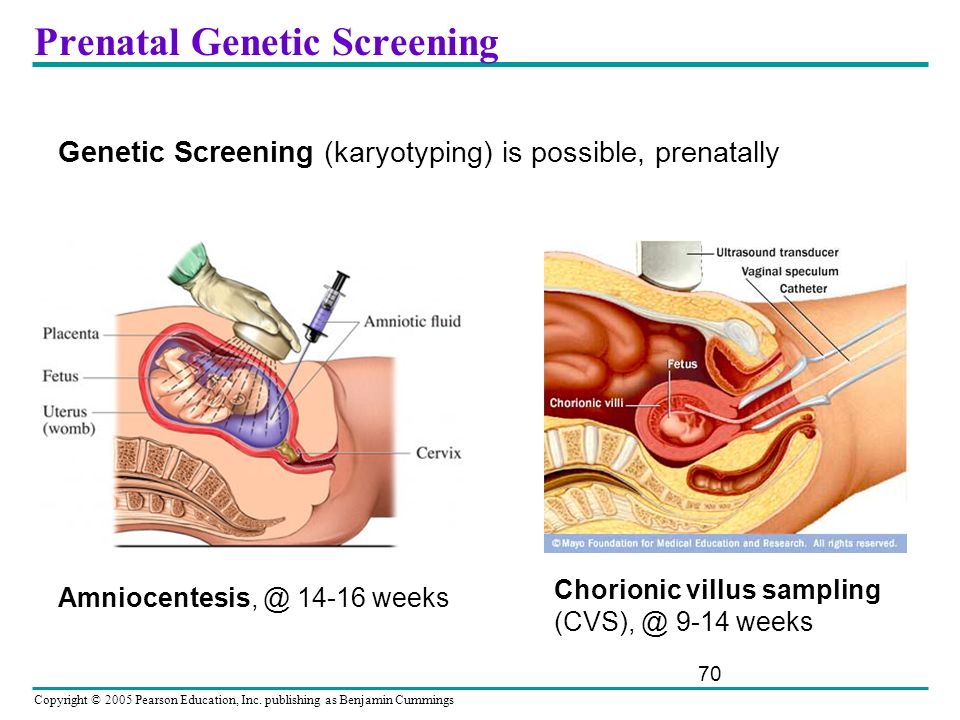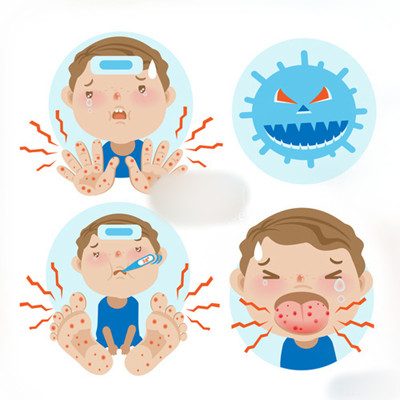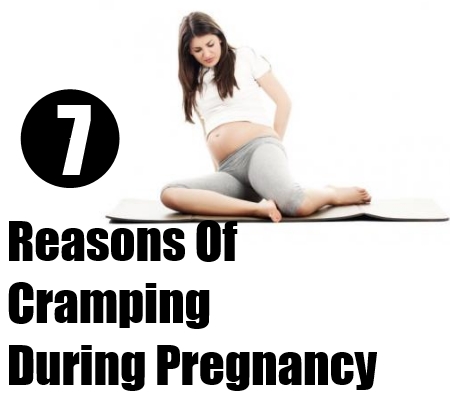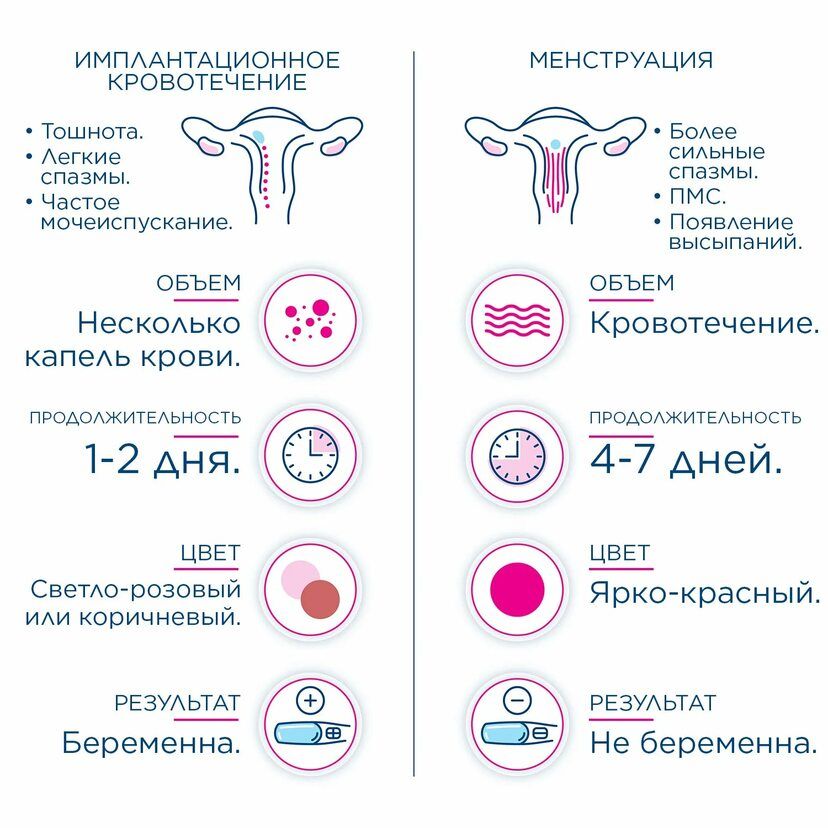Amniocentesis and cvs
Prenatal Diagnosis: Amniocentesis and CVS
Prenatal diagnosis means diagnosis before birth. It’s a way for your doctor to see if your developing baby has a problem. The two main methods are amniocentesis and chorionic villus sampling (CVS). These tests help find genetic disorders before birth.
Some parents have increased risk of having a baby with a genetic disorder or other problem. They may want to consider one of these tests. Knowing about problems before the baby is born may help parents. They may be able to make better decisions about health care for their infant. Certain problems can be treated before the baby is born. Other problems may need special treatment right after delivery. In some cases, parents may even decide not to continue the pregnancy.
Parents aren’t required to have amniocentesis and chorionic villus sampling. Discuss the options with your doctor.
Path to improved health
Amniocentesis or CVS is done when there is an increased risk that the baby may have genetic disorders or birth defects. It’s often done if:
- You are 35 years of age or older by the time your baby is due. Mothers in this age group have increased risk of having a baby with a chromosome abnormality. This could include Down syndrome.
- You had a screening test that showed there could be a problem.
- You have had a child with Down syndrome, spina bifida, or other disorder.
- You or your partner is a known carrier of a genetic disorder, such as cystic fibrosis.
Before either procedure, you may have counseling with a genetic expert. This allows you to learn about the conditions the test may find. You will have a better idea of what those mean for you and your baby.
How is amniocentesis performed?
In this procedure, a sample of amniotic fluid (fluid around the baby) is removed from your uterus. A doctor inserts a long, thin needle through your abdomen into your uterus. He or she withdraws a small amount of fluid. The fluid is sent to a laboratory for evaluation.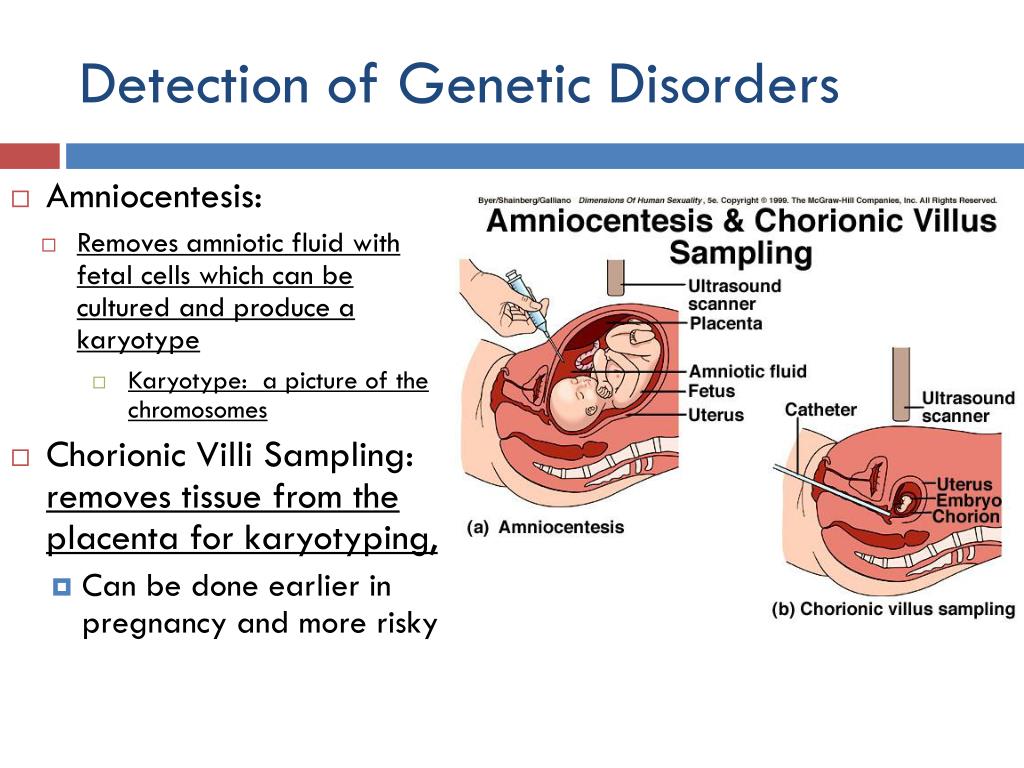 In the lab, the fluid can be tested for:
In the lab, the fluid can be tested for:
- Genetic abnormalities
- Infection
- Signs of lung development
Your body will make more fluid to replace the fluid that is taken out. The baby will not be hurt during the procedure. Some women feel mild cramping during or after the procedure. Your doctor may tell you to rest on the day of the test. Usually, you can resume normal activity the next day.
How is CVS performed?
CVS removes a small sample of placenta tissue from the uterus. The sample is then sent to the lab for testing. The sample can be taken 2 ways:
- A catheter (thin tube) through the vagina. The catheter is inserted into the vagina. It is passed through the cervix and into the uterus. The doctor uses images from an ultrasound to guide the catheter to the best spot for sampling.
- A needle through the abdomen. The sample can also be obtained by inserting a needle into the abdomen. The needle then withdraws placenta tissue.
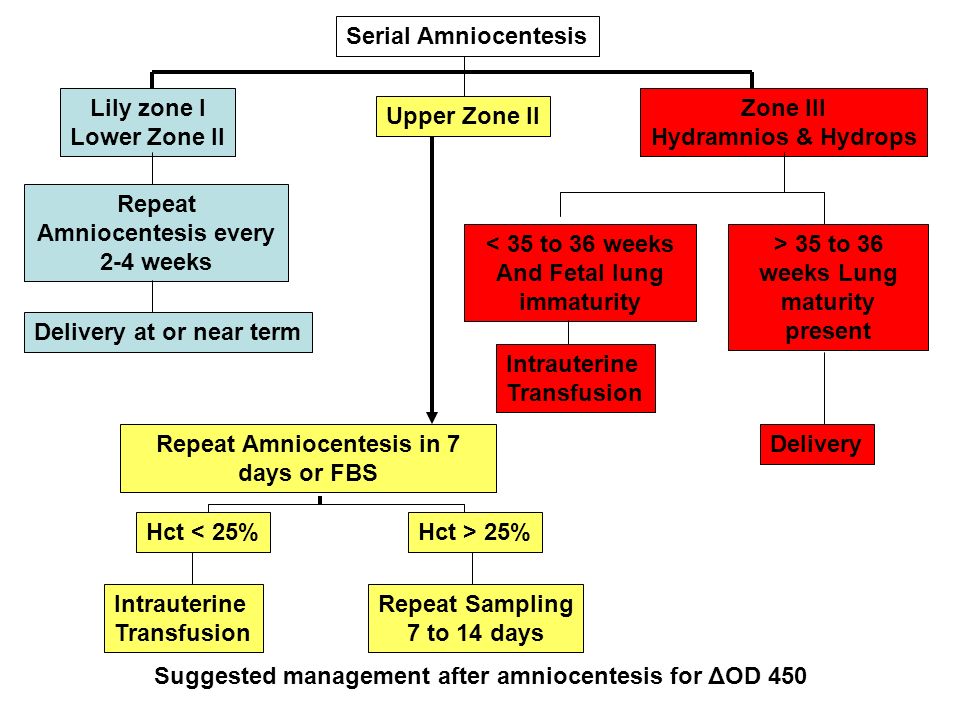 Again, ultrasound is used to guide the needle.
Again, ultrasound is used to guide the needle.
Local anesthesia is used for this test to reduce pain and discomfort. Most women feel fine after the test. Some may have mild bleeding (spotting) afterward.
When are the tests performed?
Amniocentesis is usually performed during the 15th week of pregnancy or later. CVS is usually performed between the 10th and 13th weeks of pregnancy.
Is one test better than the other?
The main benefit of CVS is that it can be done earlier in the pregnancy. It’s very accurate in detecting genetic abnormalities. But it does not detect some things that amniocentesis does. These include:
- Neural tube defects (involving the spinal column or brain).
- Birth defects.
- Rh incompatibility (when the mother has Rh-negative blood and the baby has Rh-positive blood).
Amniocentesis might be the best option if:
- You previously had a baby with a neural tube defect.
- You or your partner have a neural tube defect.

- The results of other tests during your pregnancy have been abnormal. This could include a blood screening test done in early pregnancy.
CVS may be better if you and your doctor want to know the test results during your first trimester.
Things to consider
Amniocentesis and CVS carry a few small risks. These include:
- Miscarriage
- Infection or injury to the baby
- Leaking of amniotic fluid
- Vaginal bleeding
The risks of CVS are slightly higher than for amniocentesis. Your doctor will talk to you about the risks and benefits of amniocentesis and CVS.
Questions for your doctor
- Am I at increased risk of having a baby with birth defects or genetic abnormalities?
- Do I need to get an amniocentesis or CVS?
- Which one would be better for me?
- What is the risk of miscarriage for each procedure?
- What are the complications?
- Will the procedure hurt?
- Is bleeding normal after the procedure?
Resources
March of Dimes: Amniocentesis
March of Dimes: Chorionic Villus Sampling
National Institutes of Health, MedlinePlus: Prenatal Testing
Copyright © American Academy of Family Physicians
This information provides a general overview and may not apply to everyone.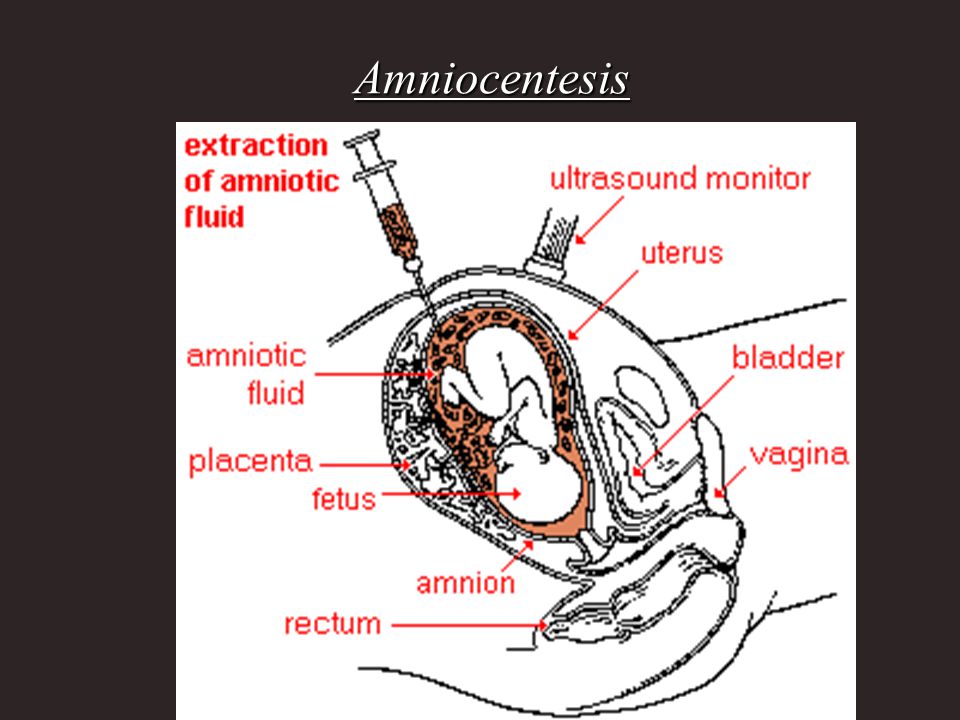 Talk to your family doctor to find out if this information applies to you and to get more information on this subject.
Talk to your family doctor to find out if this information applies to you and to get more information on this subject.
Prenatal Diagnosis: Amniocentesis and CVS
Am Fam Physician. 2005;72(8):1577-1578
What is prenatal diagnosis?
Prenatal diagnosis is a way for your doctor to tell if your baby has a problem such as Down syndrome while you’re still pregnant. Amniocentesis (say: AM-nee-oh-sen-TEE-sis) and chorionic villus sampling (say: CORE-ree-on-ik VILL-us SAM-pling, or CVS, for short) are tests that help find problems before your baby is born.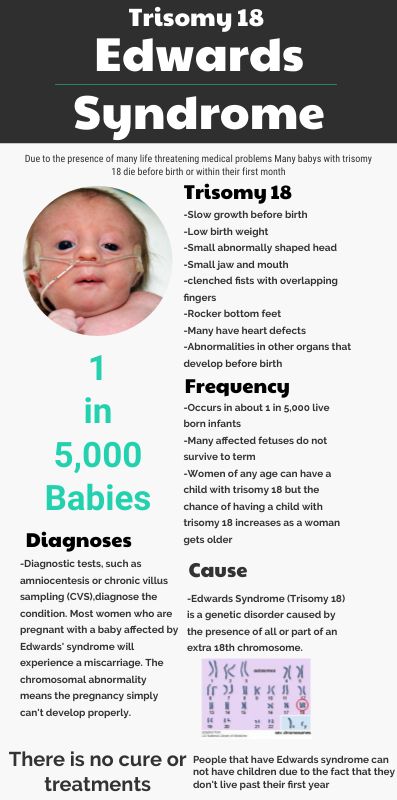 Knowing about these problems beforehand can help you decide how to care for your baby. Some problems can be treated before your baby is born. Other times your baby might need special treatment right after he or she is born.
Knowing about these problems beforehand can help you decide how to care for your baby. Some problems can be treated before your baby is born. Other times your baby might need special treatment right after he or she is born.
Do all pregnant women have these tests?
No. The tests can be useful if you are 35 years or older when your baby is due. Women older than 35 years have a greater risk of having a baby with a gene problem such as Down syndrome. You should think about having these tests if you have had a child with Down syndrome or another problem, such as spina bifida (say: SPY-nuh BIFF-uh-duh). Parents who have family members with a gene disorder, such as cystic fibrosis (sa: SIS-tik FY-bro-siss), also might want to have these tests.
What is amniocentesis?
Amniocentesis is when your doctor uses a thin needle to take some of the fluid out of your womb for tests. Your body will make more fluid to replace what is taken out. The baby will not be hurt. Some women feel mild cramping during or after amniocentesis. Your doctor may tell you to rest on the day of the test, but you usually can get back to your normal activities the next day.
Your doctor may tell you to rest on the day of the test, but you usually can get back to your normal activities the next day.
What is CVS?
CVS is when your doctor takes a small piece of the placenta from your womb. Your doctor will give you medicine to keep you from feeling any pain. Your doctor will use a thin tube or needle to take the sample. Most women feel fine after the test, but some may have mild bleeding.
When are the tests done?
Amniocentesis usually is done in the 15th week of pregnancy or later. CVS usually is done between the 10th and 12th weeks of pregnancy.
Is one test better than the other?
Amniocentesis is better than CVS for some women. You should have amniocentesis if you have had a baby with a neural tube defect, such as spina bifida, or if you or your partner has a neural tube defect. CVS does not test for these problems.
Amniocentesis may be better if the results of other tests have not been normal. CVS may be better if you and your doctor want to know the test results during your first three months of pregnancy.
Are there risks involved with these tests?
Both tests have a small risk of miscarriage. In some babies, CVS may cause problems with fingers or toes. This only seems to happen if the test is done before the ninth week of pregnancy. Your doctor will talk with you about the risks of amniocentesis and CVS.
90,000 Summary Genetics, Moscow, by agreementNo. 26963540 Bet on May 12, 2018 (a) more than a month ago
show contacts
invite a letter to a specialist
Add to the chosen
share
35 years (born 12 April 1987), higher education
Moscow, not ready for business trips
Name, phone and mail available only to authorized employers
Show contacts
, according to the agreement
Education
-
- Higher education
- Day/Full -time/full -time
- 2014
Russian Medical Academy of Postgraduate Academy 9,0003
Faculty: Order 9000 9000: Organization Higher education
- Full-time/full-time
- 2012
Smolensk State Medical Academy
Faculty: advanced training
Specialty: Ultrasound diagnostic doctor
- Higher Education
- Days
- 2012
Smolensk Academy
Culture
Culture: Orphanage
Faculty
- Higher education
- Full-time/Full-time
- 2010
Vinnitsa National Medical University
Faculty: Therapeutic
Specialty: Medicine
Similar resumes 5 similar resumes
updated December 11, 2022
Prenatal diagnostic diagnosis/p not indicated
Latest place
last place
(
8 years and 2 months
) Prenatal doctor November 2014 - active now
Show contacts
Add to the chosen ones
updated November 4, 2022
Clinical and laboratory diagnostic doctor / PCR / Genetics / Health140 000 ₽
Last place
(
1 year and 8 months.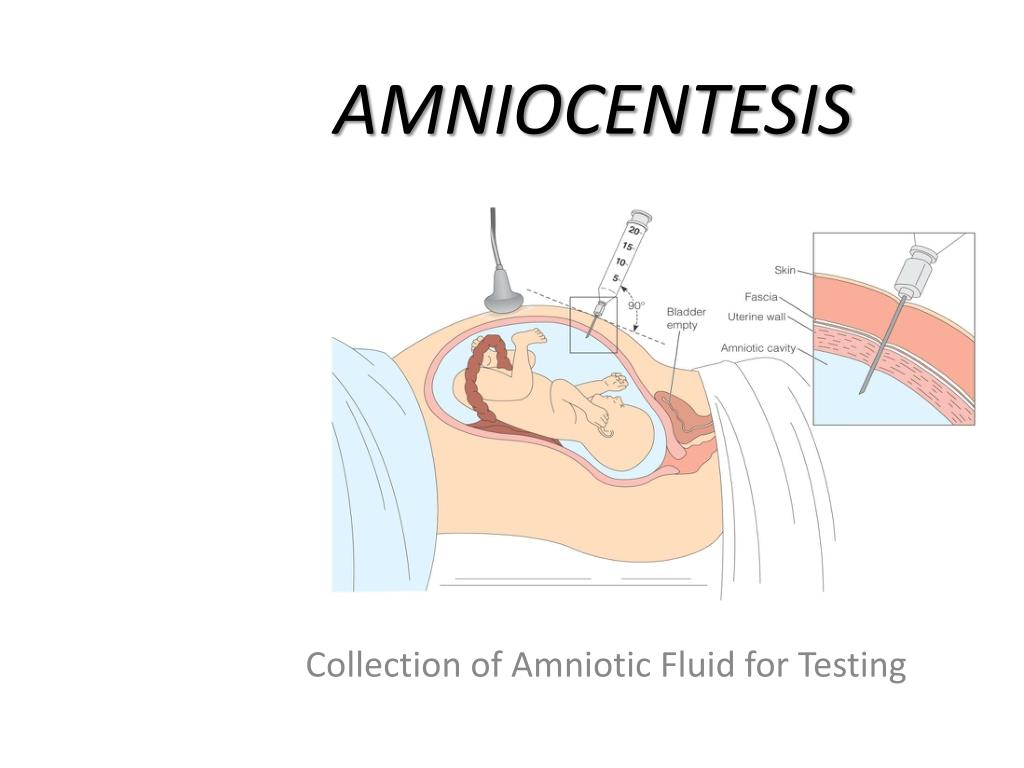
) KLDMII doctor 2021- working now
Show contacts
Add to favorites
Updated April 26, 2018
Geneticist, Geneticist, Biology/p not specified
Last place
jobs
(
8 years old and 5 months.
) doctor-Genetikast 2014-it is now working
to show contacts
Add to the favorites
updated on October 30, 2017
Genetics 60 000 ₽
Work
(
9 years and 4 months
)Doctor geneticistSeptember 2013 - active now
Show contacts
Add to favorites
Updated December 2, 20160003
Last place
Work
(
6 years old and 4 months
) Specialist for the order and receiving goods, Products DEDENTYABR 2016 - now it works
to show contacts
Add to the selected
Work / Resist Medicine, pharmaceutics, veterinary medicine / General medicine (specialist doctors) / Obstetrician
0002 Other
We use cookies to improve the site for you.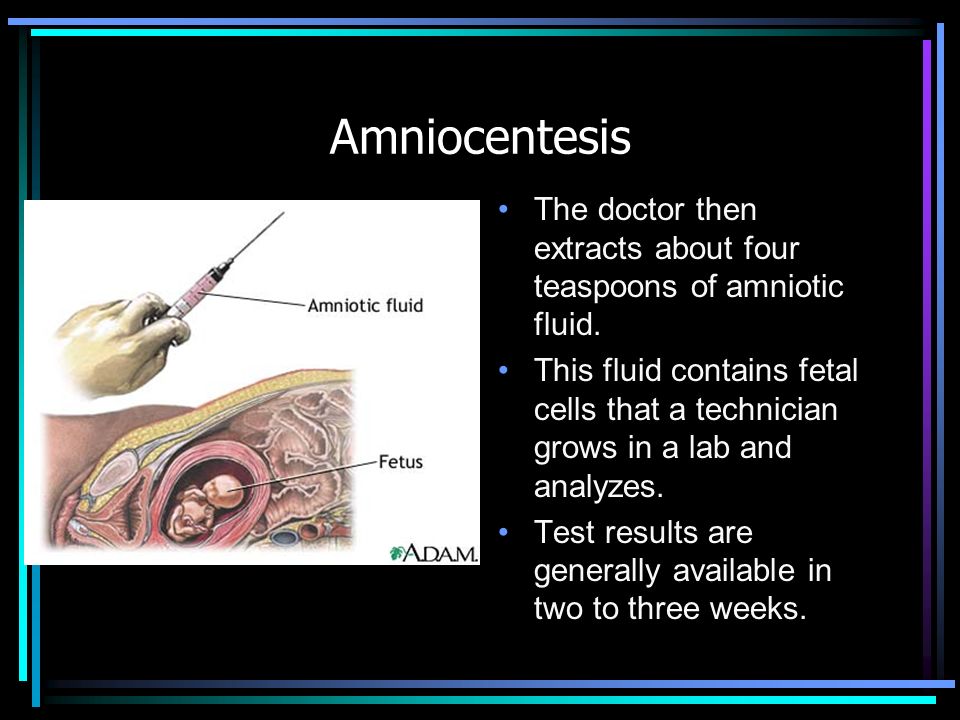 Read more
Read more
No. 45259353, it was intended on June 15 2020 (a) more than a month ago
Show Contacts
Send a letter to a
to add
Share
Age 34 (born January 05, 1988), higher education
Moscow, ready for business trips
Citizenship: Russia
Name, phone and mail are available only to authorized employers
Show Contacts
Complete employment
Education
- higher education
- Full-time / Full-time
- 2018
RMANPO
Faculty: Certification course
Specialty: Ultrasound diagnostics
- Higher education
- day/full-time
- 2013
Institute for advanced training of the Federal Medical and Biological Agency of Russia, Moscow
Faculty: Primary
Specialty: Ultrasound Diagnosis 9002 9
Khakass State University named after N.
 F.Katanov
F.Katanov Faculty: International
Specialty: obstetrics and gynecology
- Higher Education
- Days
- 2011
Krasnoyarsk State Medical University named after Moscow General Medicine
Specialty: General Practitioner
About me
Additional information:
I strive for professional self-improvement, study and application of new diagnostic methods. Polite and responsive to patients. Sociable. Conscientious in the performance of her duties.
Similar resumes 568 similar resumes
Updated December 31, 2022
Acusher-gynecologist, Ultrasound diagnostic doctor,
Last place
Work
(
2 years and 7 months.
) Akusheri doctor) -Gynecologist, Ultrasound Doctor June 2020 – active now
Show Contacts
Add to the chosen ones
updated on October 24, 2022
Obstetrician-Gynecologist, Ultrasound Diagnostician/P,
Last place
Work
(
5 months.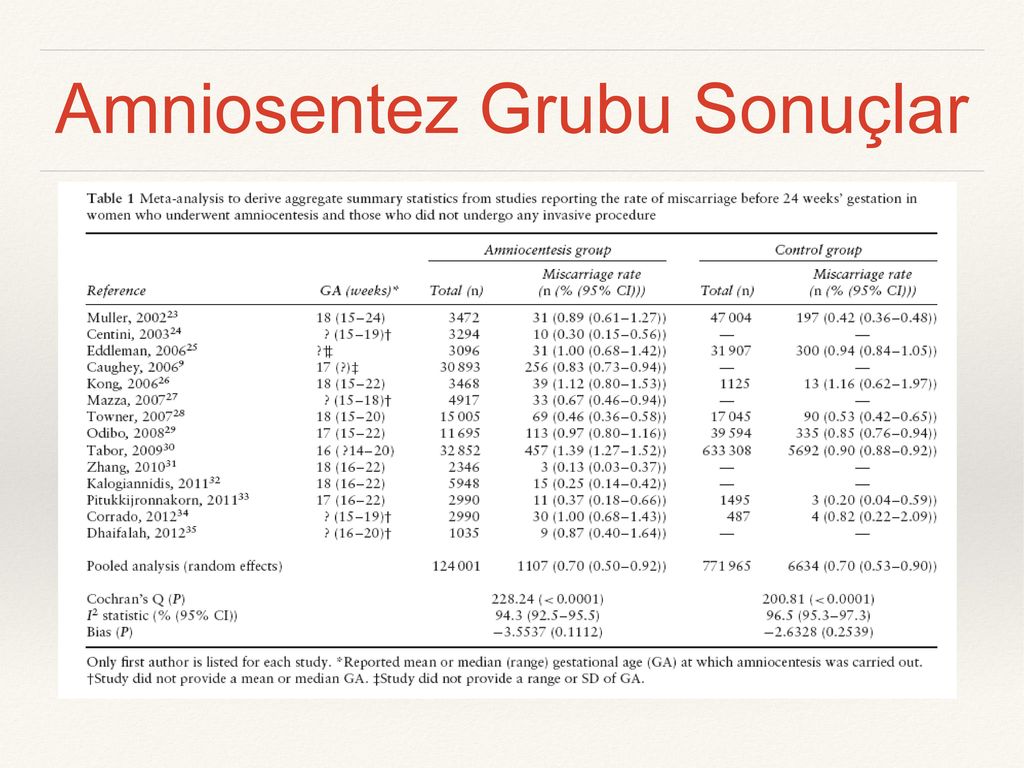
) Ultrasvukoy diagnosticiavgus. – working now
Show contacts
Add to favorites
Updated July 23, 2022
Obstetrician-gynecologist. Doctor of ultrasound diagnostics n/n not specified
Last place
Work
(
1 year and 1 month.
) Doctor of ultrasound diagnostics 2021-now
show contacts
Add to the chosen
updated July 20, 2022
Akusher-gynecologist, gynecologist ultrasound diagnostics salary not specified
Last place
work
(
2 years
)Obstetrician-gynecologistJanuary 2021 – working now
Show Contacts
Add to the chosen
updated July 13, 2022
Acusher-gynecologist, Ultrasonic diagnostic doctor,
Last place
Work
(
1 year and 10 months.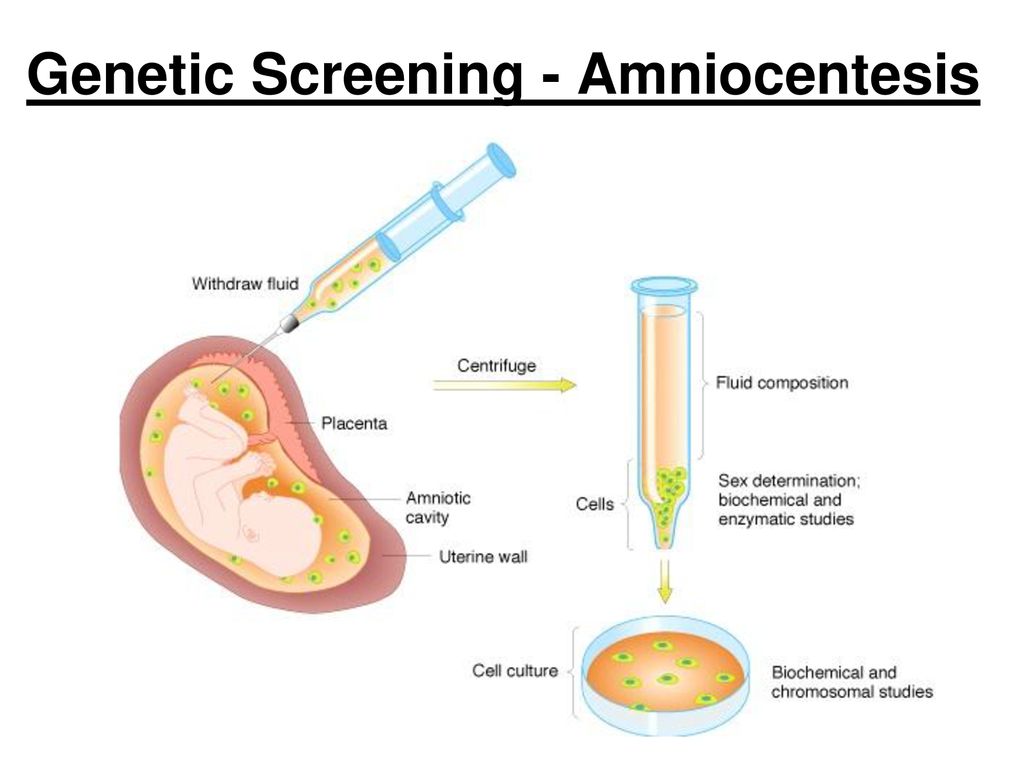
) doctor obstetrician-gynecologistMarch 2021 – open now
Show contacts
Add to favorites
Updated on December 28, 2022
Obstetrician-gynecologist60 000 ₽
Last place
Work
(
6 months.
) The obstetrician-gynecology doctor 2022-now it works
Contacts
Add to the chosen
updated yesterday
Akusher-gynecology/P do not indicate
Latest place last place
works
(
1 year and 11 months
)Obstetrician-gynecologist, ultrasound doctorNovember 2020 - October 2022
Show contacts
Add to favorites 902 November 92 Updated 2
0003Acusher-gynecologist100 ₽
Last place
Work
(
5 months.